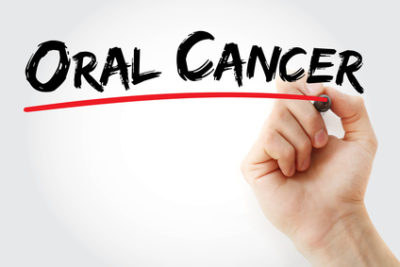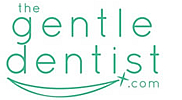Oral Cancer: What You Need to Know | The Gentle Dentists Shelby Township

Oral cancer is a serious global health concern. According to the World Health Organization, approximately 657,000 new cases of oral cancer are diagnosed each year worldwide. Early detection can be life-saving, making awareness and regular check-ups critical. Here, we’ll explore essential information on oral cancer, including its risk factors, symptoms, diagnostic methods, and treatment options.
What is Oral Cancer?
Oral cancer refers to cancers that affect various areas in the mouth, including the lips, tongue, cheeks, throat, and palate. It occurs due to the uncontrollable growth of abnormal cells that can damage surrounding tissues and spread if left untreated. The high prevalence and potential severity of oral cancer highlight the importance of regular screenings and understanding risk factors.
Key Risk Factors for Oral Cancer
Oral cancer can develop due to a variety of factors, including lifestyle choices, viral infections, and environmental exposures. Some of the main risk factors include:
Tobacco and Alcohol Use
- Tobacco: Smokers and individuals who chew or snuff tobacco are at significantly increased risk, with studies showing they are about four times more likely to develop oral cancer than non-users.
- Alcohol: Heavy and moderate drinkers are three to nine times more likely to develop oral cancer compared to non-drinkers. Combined with tobacco use, this risk increases even further.
Sun Exposure
- Prolonged exposure to sunlight, particularly without lip protection, has been linked to an increased risk of lip cancer. Sunscreen and lip balms with SPF can help reduce this risk.
Sexually Transmitted Infections (STIs)
- Viruses like herpes, human papillomavirus (HPV), syphilis, and gonorrhea have been associated with oral cancer. HPV, in particular, has been identified as a leading risk factor for certain types of oral cancers.
Recognizing Symptoms of Oral Cancer
Being aware of oral cancer symptoms can lead to early detection and better outcomes. Symptoms to watch for include:
- Persistent pain in the tongue or mouth
- Non-healing sores that bleed
- Difficulty swallowing or chewing
- Chronic sore throat
- Unusual lumps or growths in the mouth
- Jaw pain or stiffness
If you experience any of these symptoms, it’s important to schedule a dental or medical consultation as soon as possible.
Diagnosis of Oral Cancer
Early diagnosis of oral cancer improves treatment success rates. Several diagnostic tools and methods are available, including:
- Brush Biopsy (Cytology): This technique involves collecting cells from a suspicious area for examination.
- Tissue Staining (Tolonium Chloride): A dye that helps highlight abnormal cells.
- Light Reflection and Fluorescence: Advanced technologies that use light to detect changes in oral tissues.
- Biopsy: A sample of tissue is removed and analyzed for cancerous cells. This is the preferred method for detecting cancerous lesions.
- Imaging Techniques (MRI, CT Scans): These methods help assess the spread of cancer but do not replace a biopsy for diagnosing suspicious areas.
Read about the American Cancer Society’s recommendations for oral cancer screenings
Treatment of Oral Cancer
The treatment plan for oral cancer depends on the stage and location of the cancer. Common treatments include:
- Surgery: Involves removing the cancerous tissue and, in some cases, surrounding tissues to prevent further spread.
- Radiation Therapy: High-energy rays are used to target and kill cancer cells.
- Chemotherapy: Medication that kills cancer cells and may be used in conjunction with other treatments.
Treatment often involves a team of specialists, including dentists, dental hygienists, oncologists, and surgeons. Oral health remains a priority throughout treatment, as radiation and chemotherapy can lead to issues such as dry mouth, gum infections, and tooth decay.
Faith and Health
At The Gentle Dentists, we believe that caring for your health is a God-given responsibility. Psalm 139:14 reminds us, “I praise you because I am fearfully and wonderfully made.” We encourage our patients to steward their health with regular check-ups and informed choices. Through compassionate care and early detection, we hope to help our patients prevent and overcome health challenges, including oral cancer.
Conclusion
Oral cancer is one of the most common types of cancer, and its risk factors are often lifestyle-related. The American Cancer Society recommends regular oral check-ups—annually for those over 40 and every three years for individuals aged 20-39. Early diagnosis can increase the chances of successful treatment and recovery.
If you have questions about oral cancer or would like to schedule a check-up, call The Gentle Dentist at (586) 247-3500. Our Shelby Township team is here to support your journey to better health.
